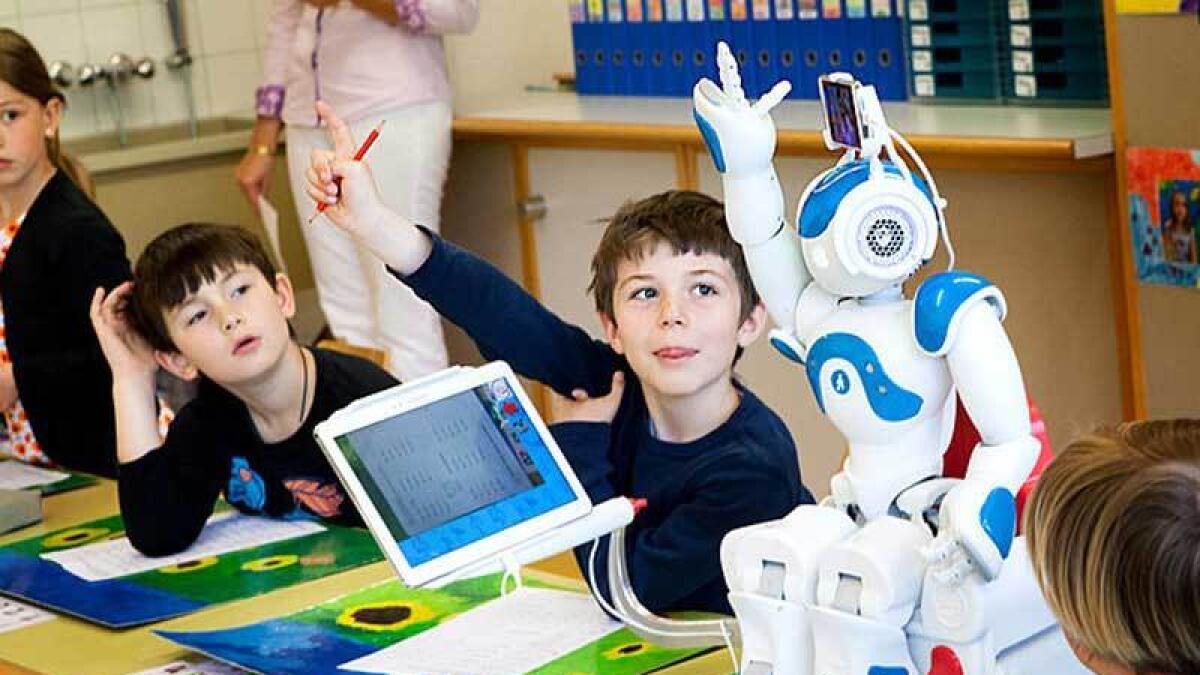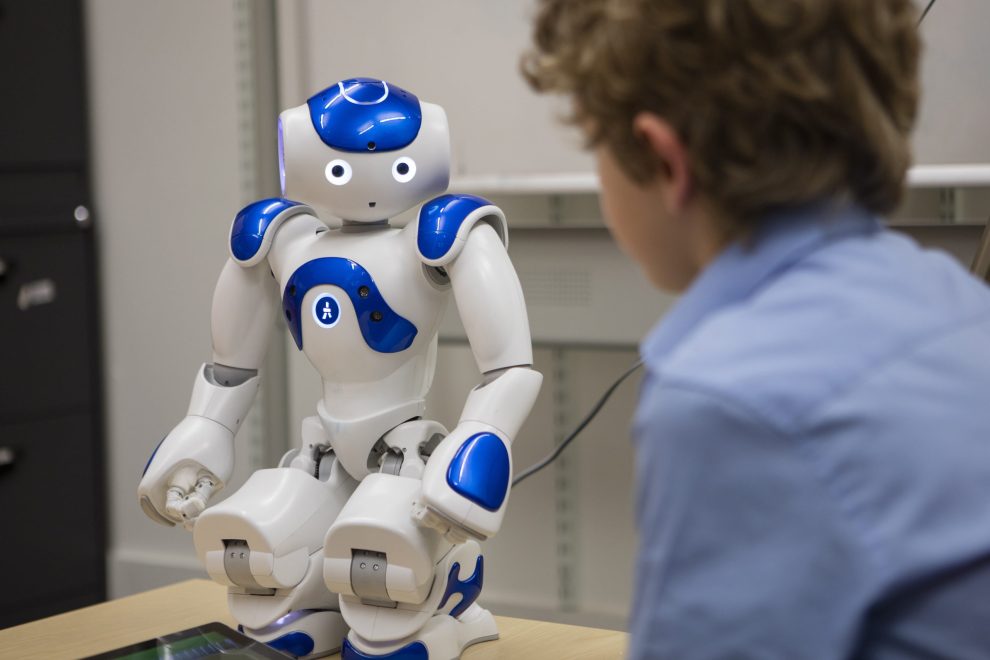Toys have always been more than just playthings. They’re tools for exploration, learning, and social interaction, laying the foundation for who we become. But in the 21st century, the playground is getting a tech upgrade. Artificial intelligence (AI) is invading the toy box, blurring the lines between entertainment and education and creating interactive experiences that are revolutionizing child development.
So, ditch the passive plastic ponies and let’s explore the dynamic world of AI toys. Think cuddly companions that converse, robots that respond to emotions, and games that adapt to your child’s learning pace. Buckle up, because we’re about to dive into the exciting world of AI in toys and its impact on how our children learn and grow.
Personalized Learning Powerhouse
Traditional toys offer a one-size-fits-all approach, leaving some children bored and others struggling. AI toys, however, are like miniature learning coaches, constantly monitoring and customizing the experience to each child’s unique needs and interests. Imagine a storybook that narrates at different speeds and difficulties based on your child’s reading level, or a coding game that introduces new challenges as your child masters concepts. This dynamic environment keeps children engaged, motivated, and learning while playing.
Boosting Cognitive Skills
Problem-solving, critical thinking, and creativity are essential skills for the future. AI toys offer a playground for these mental muscles to get a workout. Imagine a robot companion that poses riddles and responds to creative commands, encouraging children to think outside the box. Or a virtual world where building intricate structures with AI blocks teaches spatial reasoning and engineering principles. These interactive experiences provide immersive opportunities for cognitive development, making learning fun and rewarding.

Emotional Intelligence Playground
AI toys aren’t just about academic skills; they can also nurture crucial emotional intelligence. Social robots that respond to children’s emotions can teach them about empathy and communication. Language-learning companions with adaptive dialogues can foster cultural understanding and global citizenship. These toys create safe spaces for children to explore their own emotions, understand those of others, and develop valuable social skills.
Accessibility and Inclusivity
AI toys have the potential to bridge the gap for children with special needs. Speech-recognition technology can assist children with learning disabilities, while adaptive interfaces can cater to physical limitations. Imagine a talking toy that describes its actions for visually impaired children or a game that adjusts difficulty levels for those with cognitive challenges. AI toys can personalize the learning experience and make it inclusive for all children, regardless of their abilities.
Challenges and Considerations
Like any innovative technology, AI toys come with their own set of challenges. Privacy concerns surrounding data collection and usage need to be addressed. Overreliance on technology can also impede natural social development and creativity. Ensuring responsible development and ethical use is crucial to harness the positive potential of AI toys.
The Future of Play
As AI technology continues to evolve, the possibilities for interactive toys are endless. Imagine personalized learning systems that map a child’s developmental trajectory, toys that collaborate with educators to enhance classroom learning, or even AI companions that provide therapeutic support. The future of play is brimming with potential, and AI toys are poised to play a leading role in shaping how our children learn, grow, and thrive in the digital age.
Conclusion
AI toys are not just the latest fad; they represent a new paradigm of play and learning. By merging entertainment with education, personalization with accessibility, and innovation with responsibility, AI toys have the power to reshape the landscape of child development. So, get ready to step into a future where playtime is packed with possibilities, and let’s embrace the revolution on the playground!
















Add Comment